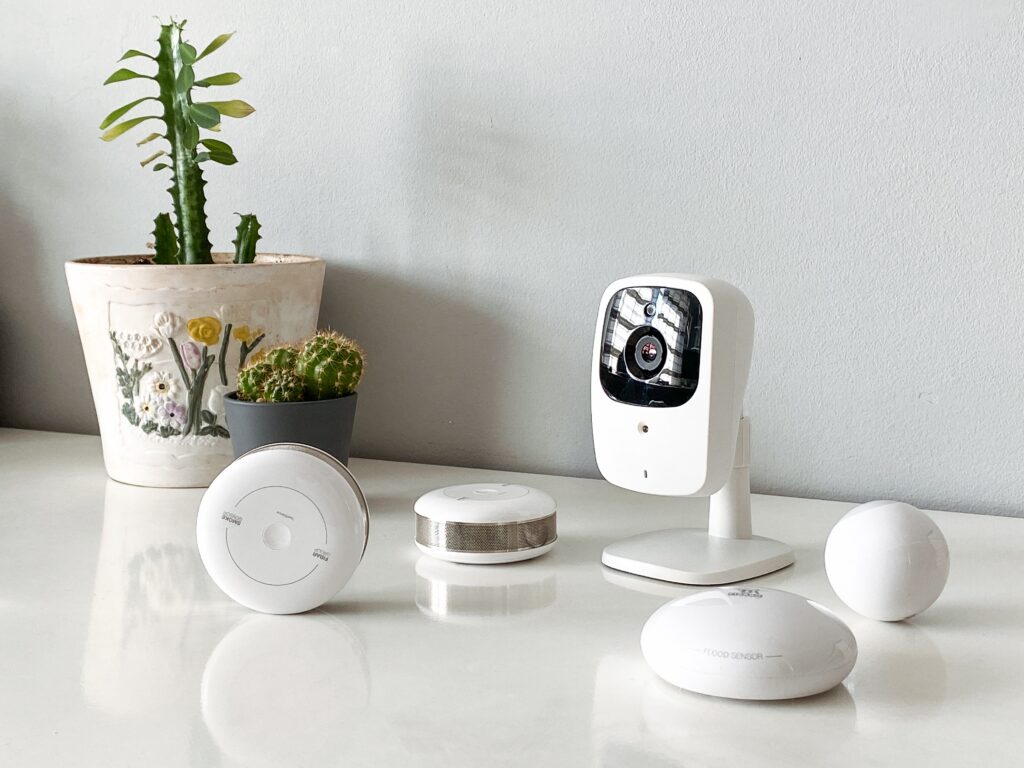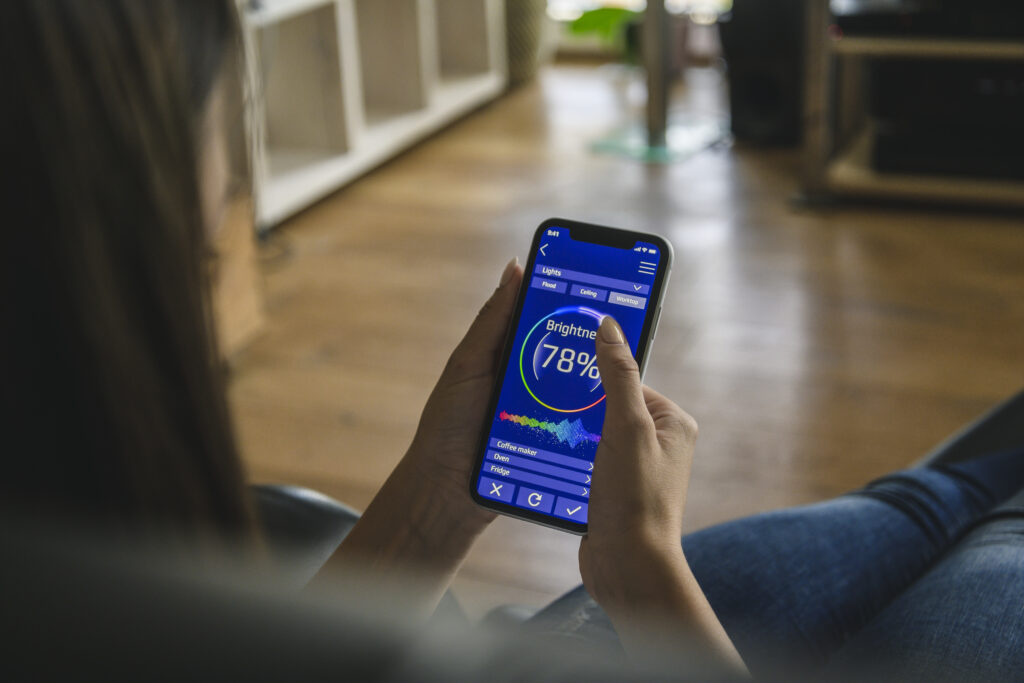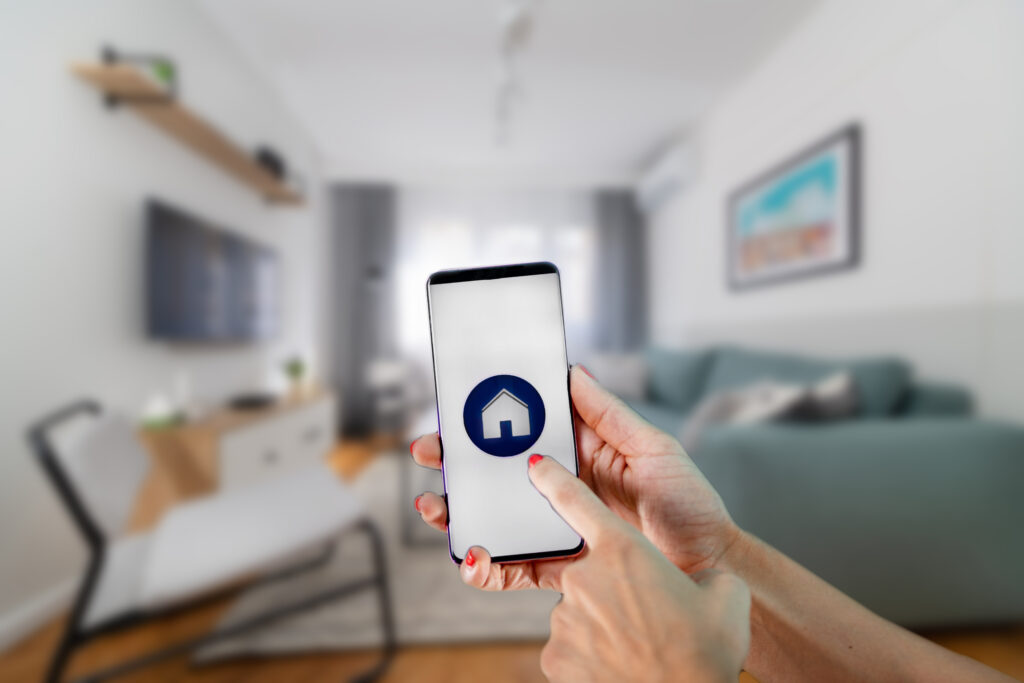How Smart Home Technology is Revolutionizing the Real Estate Industry
Smart home technology is revolutionizing the real estate industry, transforming the way we buy, sell, and manage properties.
Smart home technology has made it easier than ever to connect with potential buyers and sellers, to keep tabs on what’s happening on the market, and to make sure that your investments are secure.
In this blog post, we will explore the many ways in which smart home technology is revolutionizing the real estate industry. Keep reading to learn more!
The History of Smart Homes

The idea of smart homes has been around since the early 20th century, but it wasn’t until the 1980s that technology began to catch up with the concept.
The first commercially available home automation systems were introduced during this time, and they were primarily focused on security and energy conservation.
However, it wasn’t until the turn of the 21st century that smart homes began to gain real traction in the marketplace. The development of wireless technologies and the widespread adoption of smartphones paved the way for the explosion of smart home products that we see today.
Today, smart home technology is integrated into everything from security systems to thermostats to kitchen appliances. And with the Internet of Things (IoT) connecting these devices to the internet, the possibilities for smart home automation are practically endless.
Smart homes are no longer just a futuristic concept. They are a reality, and they are changing the way we live and work in our homes. In fact, the impact of smart home technology is being felt across a range of industries, including real estate.
How Smart Homes Work

Smart homes are designed to make your life easier and more comfortable.
These homes have smart technology that allows you to control everything from lighting and temperature to security and entertainment systems. So, how do smart homes work? Let’s take a look.
The first thing you need to understand is that smart homes operate on a network of devices that communicate with each other. These devices can be anything from light bulbs and thermostats to door locks and security cameras. They connect to each other through a central hub or control system that you can access through a smartphone app, voice assistant, or other digital device.
Once you connect your smart devices, you can control them in a variety of ways. For example, you can turn off the lights in your living room using your smartphone, adjust the temperature in your bedroom with your voice assistant, or unlock the front door for a visitor while you’re away.
But it’s not just about convenience. Smart homes are designed to be energy-efficient, too. Many smart devices automatically adjust their settings based on your usage patterns and habits. This means that you can save energy and money without having to think about it.
Finally, smart homes can also be used to enhance your security. Many smart devices come equipped with cameras and sensors that can detect motion and sound. You can receive alerts on your phone if it detects something out of the ordinary, and you can even access your security camera footage from anywhere in the world.
The Benefits of Smart Homes

Smart homes offer numerous benefits to homeowners, including increased energy efficiency, convenience, security, and cost savings.
One of the most significant benefits of smart homes is their ability to save energy. Smart thermostats use sensors to learn your preferred temperature settings and adjust them automatically. This can save you money on energy bills and reduce your carbon footprint.
Smart homes also provide greater convenience. With connected devices, you can control various systems in your home, such as lighting, entertainment, and security, from a single app on your smartphone. This can save you time and simplify your daily routine.
Security is another key benefit of smart homes. With smart cameras and locks, you can monitor your property from anywhere, receive alerts in case of suspicious activity, and remotely control who enters your home. This added layer of protection can provide peace of mind and improve your overall safety.
Finally, smart homes can help save you money. While the initial cost of upgrading to smart technology can be expensive, over time, you may find that the increased energy efficiency and reduced maintenance costs make it a worthwhile investment.
The Future of Smart Homes

As smart home technology continues to evolve, the possibilities for its impact on the real estate industry are endless.
Here are some of the ways we can expect smart homes to shape the future of real estate:
Increased Demand for Smart Homes
As smart house technology’s benefits become more widely known, demand for smart homes will rise. Smart home technology will become more appealing to buyers, and sellers who install it will see their houses’ value rise.
Integration with Smart Cities
Smart home technology will increasingly become a part of larger smart city initiatives. As cities become more connected, homes will be able also to interact with a wider range of systems and devices, from transportation and public safety to environmental monitoring and energy management.
Artificial Intelligence and Predictive Analytics
The use of artificial intelligence (AI) and predictive analytics will help smart homes to become even smarter. This will allow homes to learn from their residents and predict their needs, making them more personalized and efficient.
Improved Security and Safety Features
Smart home technology will continue to improve home security and safety features, providing homeowners with increased peace of mind. Features such as facial recognition, smart locks, and cameras will become even more sophisticated and effective at keeping homes secure.
Better Energy Management
Smart home technology is already helping homeowners save money on energy bills by improving energy management. As the technology continues to evolve, homes will be able to adapt to changes in weather patterns and energy demand, optimizing energy use and minimizing waste.
Overall, the future of smart homes looks bright, and their impact on the real estate industry will be significant. As technology advances, smart homes will become more accessible, efficient, and integrated into our daily lives.
Ready to sell your property? Give us a call today and learn more about our professional photography services and marketing that can boost your property listing!
Plus, explore our virtual assistant coaching program to level up your business. Don’t forget to tune into our new podcast for even more valuable insights!
